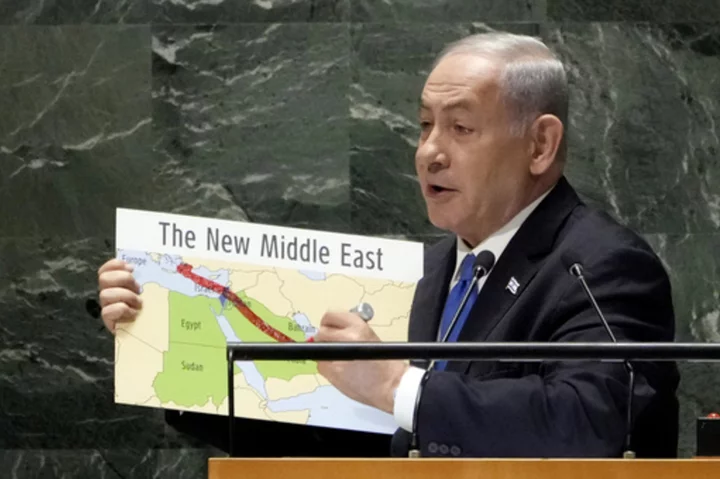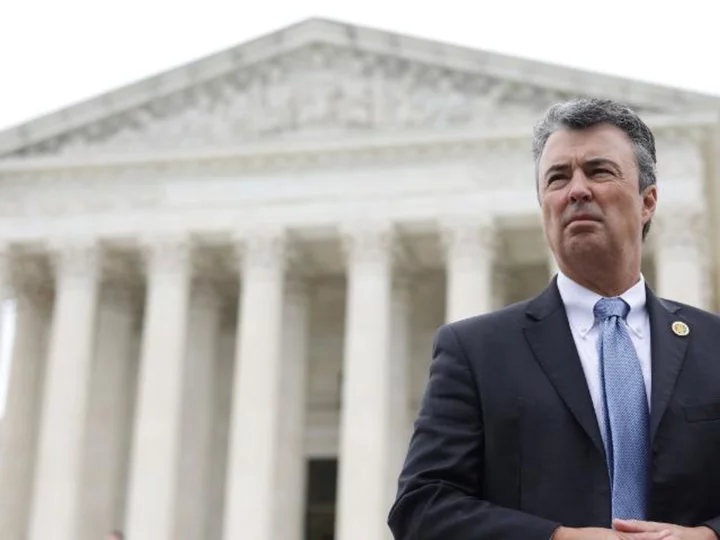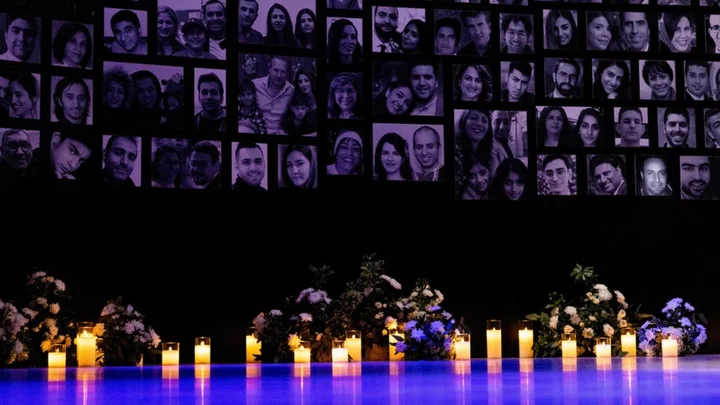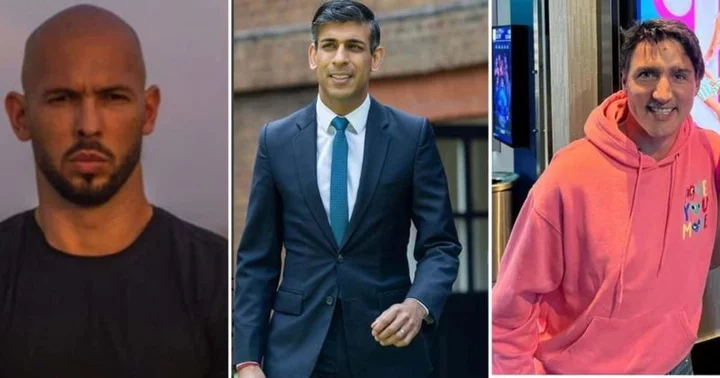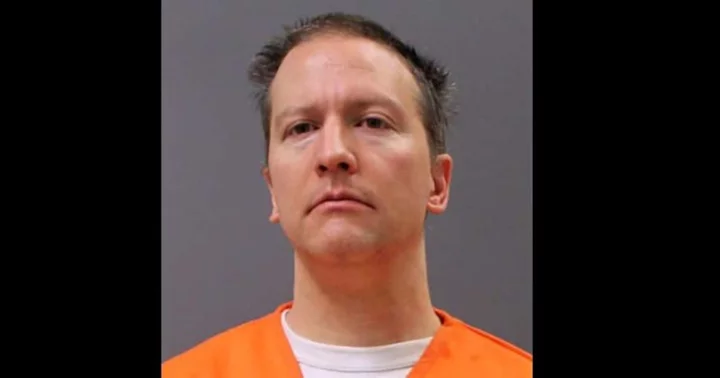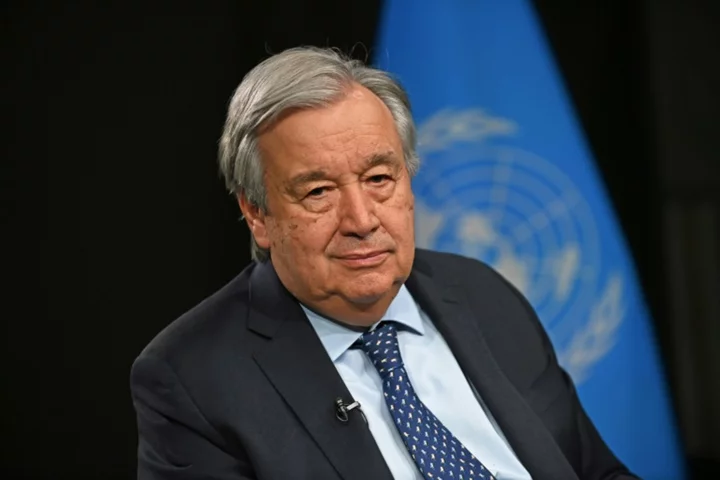UNITED NATIONS (AP) — Israeli Prime Minister Benjamin Netanyahu told the U.N. General Assembly on Friday that Israel is “at the cusp” of a historic breakthrough leading to a peace agreement with Saudi Arabia.
He struck an optimistic tone throughout his roughly 25-minute address, displaying contrasting maps showing Israel's isolation at the time of its creation in 1948 and the six countries that have normalized relations with it, including four that did so in 2020 in the so-called Abraham Accords.
“There’s no question the Abraham Accords heralded the dawn of a new age of peace. But I believe that we are at the cusp of an even more dramatic breakthrough, an historic peace between Israel and Saudi Arabia," Netanyahu said. “Peace between Israel and Saudi Arabia will truly create a new Middle East.”
There are several obstacles in the way of such an agreement, including the Saudis' demand for progress in the creation of a Palestinian state — a hard sell for Netanyahu's government, the most hawkish in Israel's history. The Saudis are also seeking a defense pact with the United States and want help in building their own civilian nuclear program.
Saudi Arabia's Crown Prince Mohammed bin Salman said in an interview with Fox News this week that the two sides are getting closer to an agreement, without providing much detail about the U.S.-led negotiations. He declined to specify what exactly the Saudis are seeking for the Palestinians.
Netanyahu said the Palestinians “could greatly benefit from a broader peace.”
“They should be part of it," he said, “but they should not have a veto over the process.”
Palestinian President Mahmoud Abbas, who addressed the General Assembly on Thursday, made no direct reference to efforts to reach a normalization agreement between Israel and Saudi Arabia. But he reiterated the centrality of the Israeli-Palestinian conflict, which has only worsened since the Abraham Accords were signed.
“Those who think that peace can prevail in the Middle East without the Palestinian people enjoying their full and legitimate national rights are mistaken,” Abbas said.

